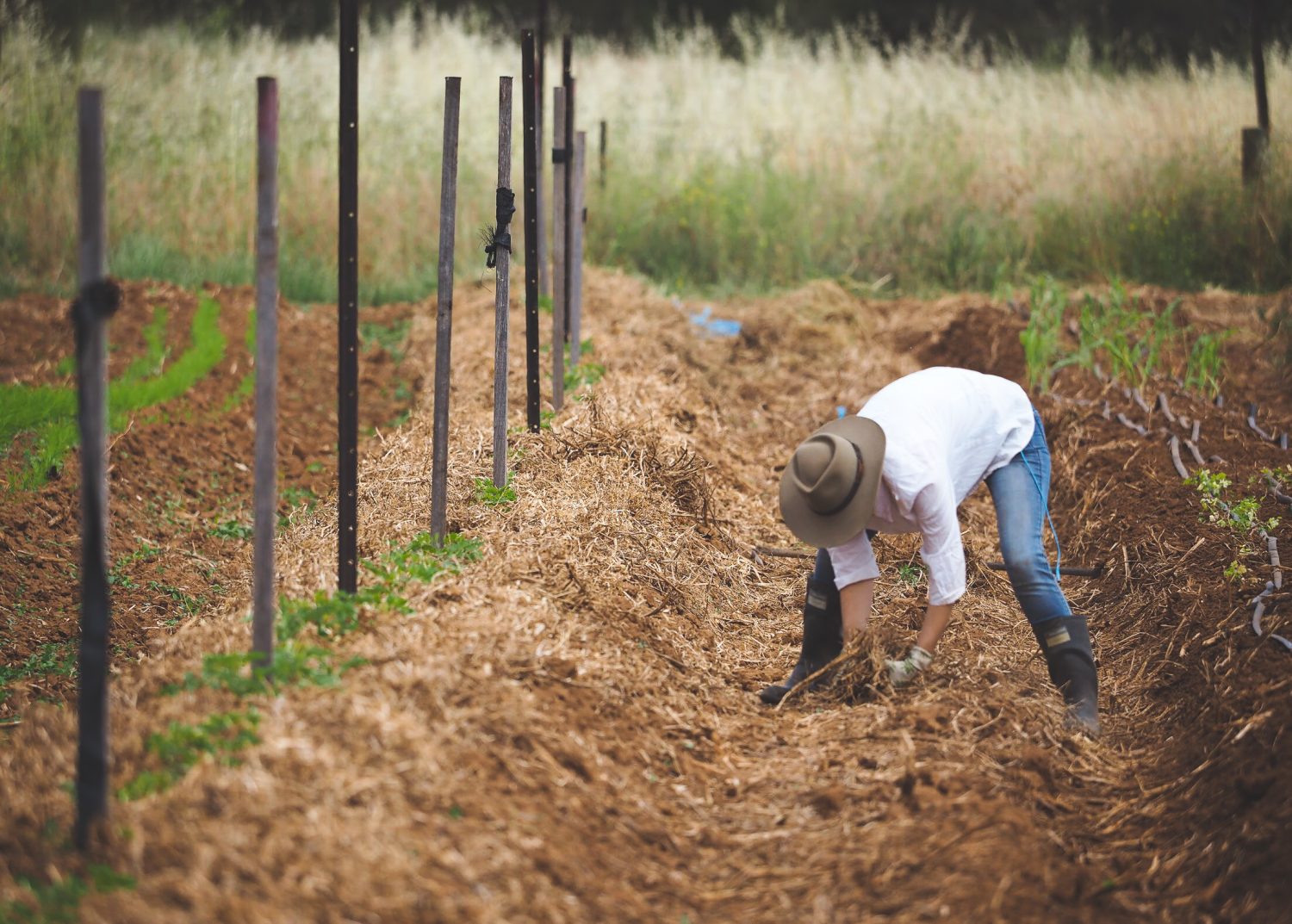The Agroecology Action Research Network
The Agroecology Action Research Network (AARN) is an initiative of the Australian Food Sovereignty Alliance (AFSA) as part of our over-arching goal of fostering an agroecological and food sovereignty transition in Australia.
AARN connects researchers, farmers and educators to promote their work in transforming Australian food and agriculture systems, and support the development of agroecology farmer field schools to foster action-oriented and farmer-led scholarship.
Our work is organised around the notions that knowledge can translate into power and action, agricultural research can inform our understanding of the agroecological innovations happening on farms already, and inspire new ideas of what is possible both on farms and off.
We assert that people and communities should be the primary decision-makers shaping our food and agriculture systems. We support and promote participatory research projects to help us understand what is already working in agricultural communities, what is not, and what we can do differently. Key areas of activity include:
- Active engagement between farmers and researchers to determine farmers’ research needs.
- Creation and maintenance of a database of:
- Research
- Researchers
- Farmers
- Connect honours, postgraduate, and early career researchers to AARN to co-create research projects with farmers.
- Development of and support for Agroecology Farmer Field Schools.
The AARN brings researchers and farmers together in order to promote scholarly engagement in those areas that are most relevant to, and that will most benefit small-scale farmers working towards an ethical, ecologically-sound and socially-just food system.
In doing so, the AARN aims to increase the visibility of agroecology and food sovereignty research in Australia amongst researchers, research students, policymakers, farmers, and social movements. To this end, the AARN will also promote active dissemination of current research and other communications via a listserv subscription that will be made available to its members.

AFSA supports the view that “constructing knowledge for food sovereignty, agroecology and biocultural diversity entails reversing top-down research”. We believe that Australia’s agroecology and food sovereignty transition will succeed best if led by farmers and actively supported by scholars.
Hence, AARN particularly aims to support action-oriented and activist research methodologies. To this end, AFSA will commence Farmer Agroecology Schools in mid-2021. Events will be run by farmers on their farms, and we encourage researchers at all stages of their careers to participate and contribute as well to support farmer-led and co-created scholarship around needs and opportunities in agroecological research.
Outreach to farmer members and allies shows that growers are interested in a broad range of research questions across different disciplines, from social science to botany and ecology. There is considerable demand for research in regard to the efficacy of sustainable practices, such as organic disease management, no-kill cropping, and no-till agriculture, and carbon sequestration has also been raised as an area of interest in more research.
Respondents have also expressed an interest in research exploring the links between food production and ecosystem function and biodiversity, particularly in the context of running a viable farm. Specifically, some of the questions raised concern ecosystem stressors, multi-species grazing, the influence of inter-cropping on fungal networks.
From a social research perspective, farmers have expressed a desire for more research on the nature of, and transition to, alternative economies (including alternative distribution and ownership models). Other areas of interest include consumer behaviour, especially vis-à-vis buying local and small-scale, and public misinformation and demonisation of farming as an inherently unsustainable industry.
Key readings on agroecological transitions
Anderson, C.R., Bruil, J., Chappell, M.J., Kiss, C. and Pimbert, M. (2021). Agroecology Now! Transformations towards more just and sustainable food systems. Palgrave. Macmillan. Available at: https://www.palgrave.com/
HLPE. (2019). ‘Agroecological and other innovative approaches for sustainable agriculture and food systems that enhance food security and nutrition’. A report by the High Level Panel of Experts on Food Security and Nutrition of the Committee on World Food Security, Rome.
Iles, A. (2020). Can Australia transition to an agroecological future? Agroecology and Sustainable food systems. DOI: https://doi.org/
IPES-Food. (2016). ‘From Uniformity to Diversity: A paradigm shift from industrial agriculture to diversified agroecological systems.’ http://www.ipes-
Pimbert, M.P (2018). Democratizing knowledge and ways of knowing for food sovereignty, agroecology and biocultural diversity. In M.P. Pimbert (ed.) Food sovereignty, agroecology and biocultural diversity: constructing and contesting knowledge. Routledge.
Rosset, P.M. and Altieri, M.A. (2017). Agreocology: Science and politics. Fernwood Publishing.
If you are researcher in a relevant field and would like to join the network, please let us know more about your work through the form below or contact AARN at agroecology@afsa.org.au
